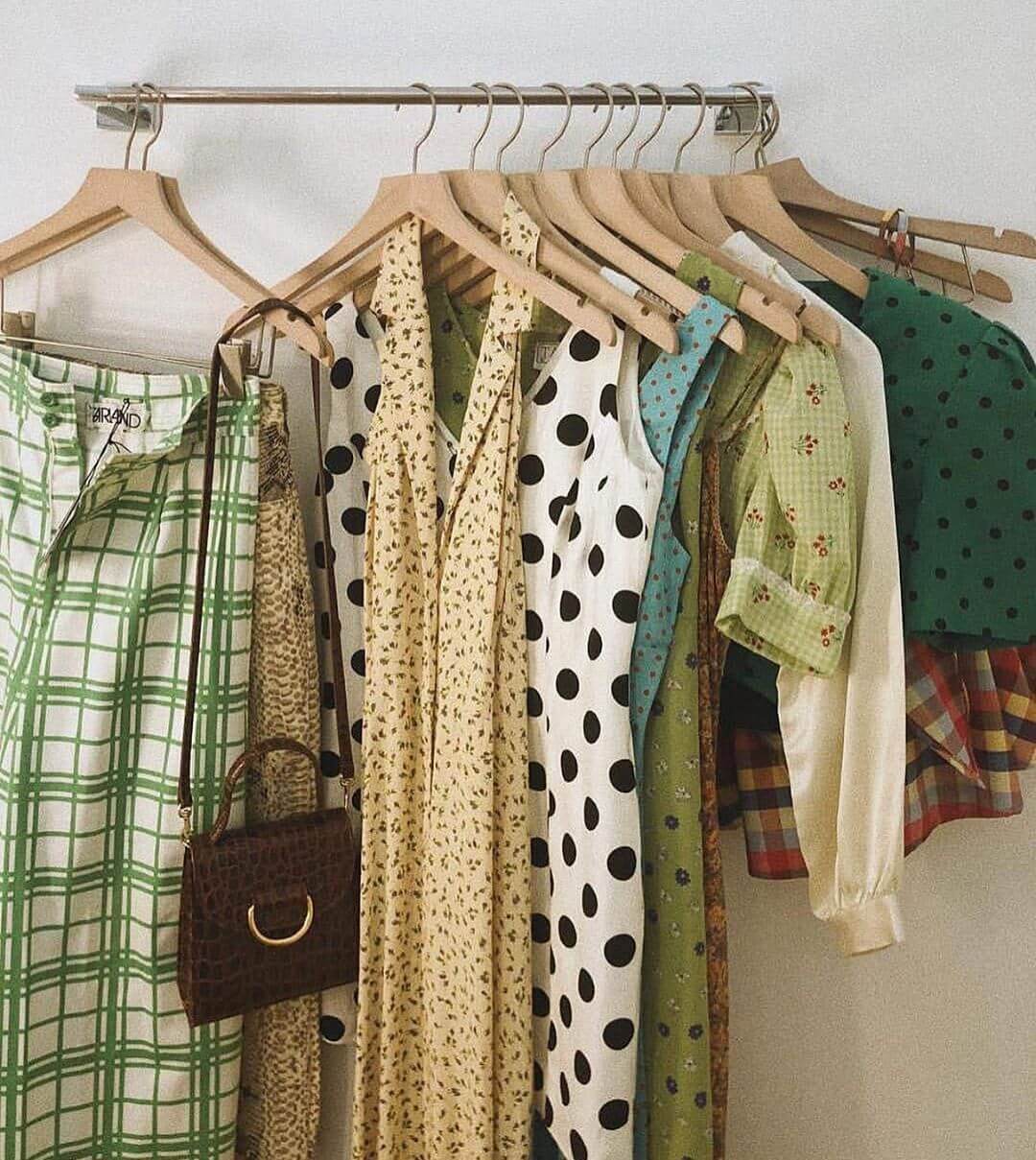If you’ve been following fashion trends recently, you’re probably aware of the newest one: Sustainable Fashion.
Sustainable fashion and ethical clothing are taking the fashion industry by storm; an industry that’s known for its toxicity both in the way clothes are made and in the disposal of their waste. Without realizing it, we’ve all been partaking in the consumption of “fast fashion” – clothes that are cheaply and unethically made in mass quantities, and intended for short-term use. To put this into numbers, 80 billion garments are produced each year, which is 400% more clothes than made 20 years ago. Crazy right?
In efforts to solve this problem, sustainable fashion takes into account the design, sourcing, and production that goes into creating ethical clothing. It uses fabrics with sustainable fibers like Tencel, which is also safer for workers and uses less waste. Some of Tencel’s ethical brand partners include everything from designer wear, to sporting wear, and even home textile companies. Here are some of our favorites that we’re sure you’re familiar with:

Athleta
Reformation
Patagonia
Eileen Fisher
Levi’s
West Elm
Ted Baker
BN3TH
H&M
Mara Hoffman

These companies follow ethical production, use sustainable materials, make for less water and waste, and provide healthy work environments. With the help of fibers like Tencel, they’re able to be transparent in their environmental footprint.
But let’s backtrack here. While changes and efforts are being made, we need to understand some of the fashion industry’s biggest issues and what we are trying to grow away from.
Water: Water has been used in copious amounts, specifically in the denim industry (approx. 2,000 gallons per one pair of jeans). Especially with jeans, water is needed for growing the cotton, dyeing the material, and texturizing the product. Not only is too much water being used, but wastewater (full of pesticides and other chemicals) from factories is also being dumped into rivers, which in turn affects the health of those living along and around that water.
Short Lifespan: We understand that trends and styles come and go – sometimes you’re just in need of changing around your wardrobe. However, the quality of something should not be the reason you’re tossing garments. Nor should there be the idea that with a high production of garments, you can always toss anything away. Unfortunately, fast fashion constantly launches new garments that are of lesser quality, so sustainable fashion is here to “sustain” your clothes for a lifetime.
Hazardous Chemicals: A reason that wastewater is such an issue is based on what goes into it: pesticides, fertilizers, dyes…the works. From the design, to the sourcing, to the production, each step in producing a product requires these hazardous chemicals. Again, especially with denim, harmful chemicals go into producing distressed and acid-wash jeans. Of course, it’s also the health concern for factory workers and those living in surrounding areas to be exposed to such harsh chemicals that seep into their water.
Agriculture: Continuing with hazardous chemicals, natural fibers are grown using treatments and pesticides that are harmful to the health of farmers. Greenhouse gases are emitted during the manufacturing process and plastic foams used to make shoes sit in landfills. We have to remember, this toxic industry doesn’t just hurt the farmers and workers producing garments, or those living in close proximity to factories, it also affects the environment including everything from animals and other wildlife, to the soil and air itself.
Waste: Every time a synthetic garment is washed, roughly 1,900 individual microfibers are released into the water. Eventually this travels through rivers and streams, resulting in 190,000 tons of textile microplastic fibers going into the ocean each year. On land, synthetic fibers are not biodegradable, therefore taking up to 200 years to decompose. Up until recently, only 15% of our clothes were donated or recycled. Now big names like H&M are running recycling programs in their stores to promote ethical fashion.
So how do we fix the problem? The good news is we’re already underway!
The fashion industry has begun fostering change in the way that fashion garments are produced and disposed, and one denim brand is truly leading the revolution. Wrangler, a global icon in jeanswear, is currently working on two separate sustainability initiatives to promote ethically-produced clothing, specifically denim.
The first is their new Rooted Collection. Working with local farmers in five cotton-growing states to create an ethical, traceable, and locally-sourced denim collection, Wrangler has officially launched this limited, premium menswear line. Made from 100% sustainable cotton, there’s a jean created specifically for each of the five states: Alabama, Georgia, North Carolina, Tennessee, and Texas. All of these states’ farms that Wrangler is working with offer best practices for soil health, resulting in reduced water and energy inputs and lower greenhouse gas emissions. Wrangler’s larger goal is 100% sustainable cotton by 2025!
Their other initiative is the new Indigood method of foam-dying their fabrics, which eliminates water completely from the dying process. As mentioned before, denim uses an incredible amount of water, and this new dying technique is Wrangler’s response to fixing that problem. They also use 30% recycled cotton and 100% eco-tech finish. Truly impressive and innovative!
We encourage you to think about where your clothes come from, how they’re created, and who they may affect. Again, we understand that sometimes you want to buy new clothing – out with the old, in with the new. However, we also encourage you to think of ethical ways to dispose of that clothing; start recycling, donating, find brands that will take old garments in as part of their own mission to uphold sustainable fashion. Do your research, buy natural materials, shop second hand, and remember that sometimes less is more. Fashion is on track to becoming a circular cycle, and we hope you jump on the wheel.
Want to learn more about what we do? Curious about working with us? Have any burning questions you simply need to ask? Get in touch with us and we will get back with you as soon as we can.

